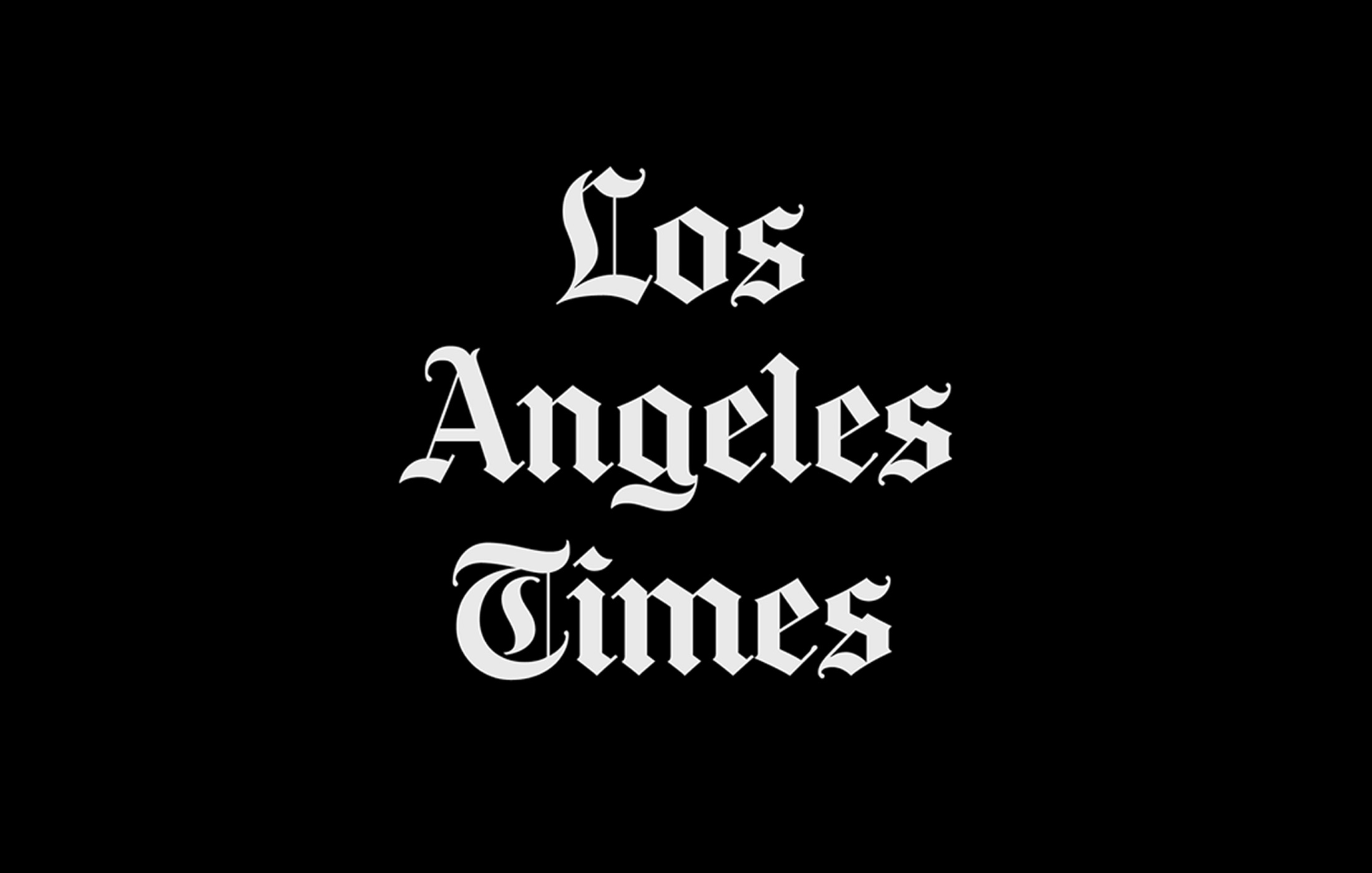R.I.P. Twitter. Welcome to the world, uh, X.
We all know that the world’s richest man is impetuous and more than happy to court controversy. Even so, Elon Musk’s sudden move over the weekend to transform Twitter, the social media company he purchased for $44 billion last year, into an entity obliquely named after the 24th letter of the alphabet, struck even his admirers as bizarre and ill-conceived.
The Twitter name and bird logo are gone; a slapped-together X now stands in their place.
David Karpf, an associate professor of media and public affairs at George Washington University, has a research project in which he’s reading through every back issue of Wired magazine through the ‘90s. One thing he keeps noticing, he tells me, “is just how small the numbers were back then. It’s the same set of people, with the same mind-set and the same mistakes. But they’re covering million-dollar companies. Bill Gates is a titan as a single-digit billionaire. It all got magnified a hundredfold.”
“Musk with $2 billion can’t put himself into this situation,” Karpf says. “Musk with $200 billion can. And that creates a feedback loop where he and his hangers-on believe he is 100x more insightful and talented than a person with $2 billion. And that belief, in their own meritocratic status, is central enough that everything just keeps getting weirder, supported by so much money that they can get way out of hand.”
The full article can be found in The Los Angeles Times.


